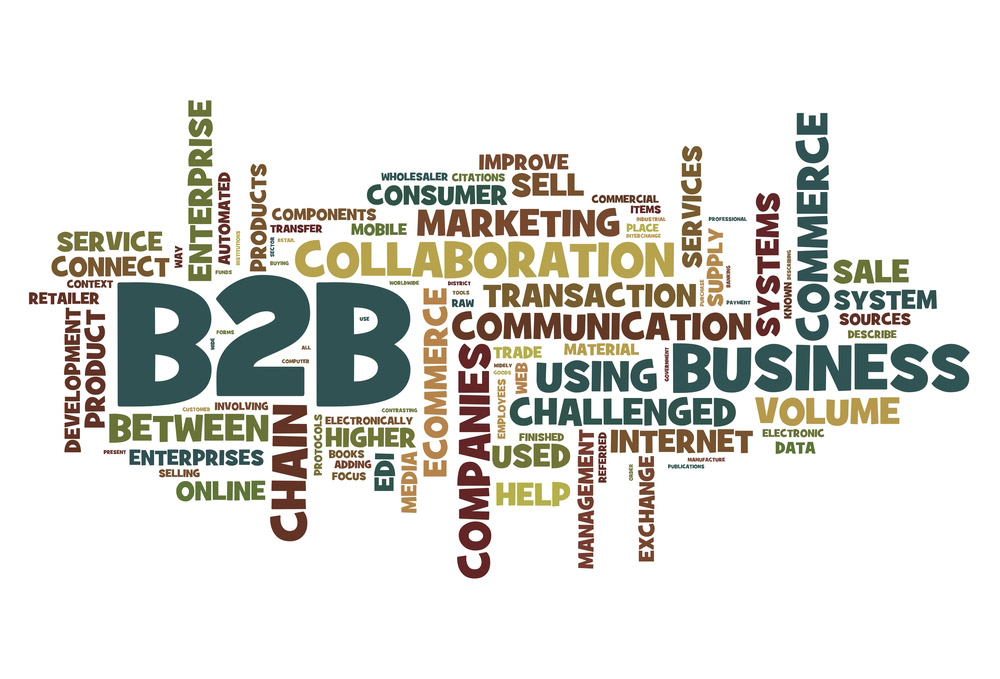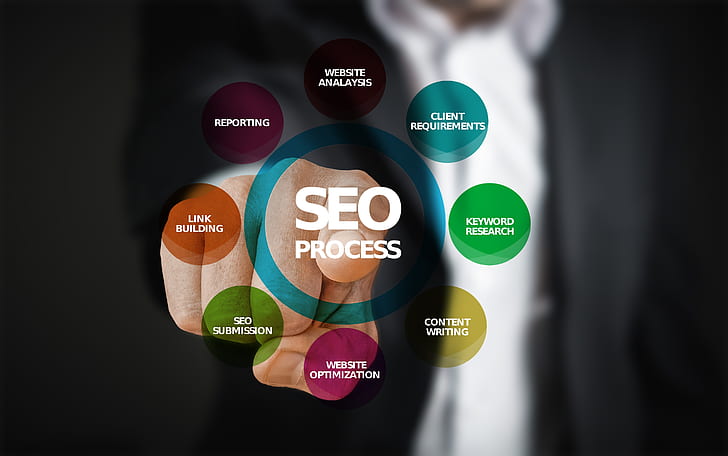The introduction of artificial intelligence (AI) and machine learning (ML) might be considered the Fourth Industrial Revolution. The three previous industrial revolutions liberated humans from the use of animal power, facilitated mass manufacturing, and empowered people throughout the world with the benefits of computerized technologies. Thanks to the ever-evolving science of applying machine learning to artificial intelligence, now marketing software can learn and evolve on its own without the need for human intervention to get AI big data.
Artificial intelligence services and solutions are driving organizations of all sizes to evaluate and redesign their processes to avoid getting outdated. As digital marketers grasp the benefits of utilizing machine-learning algorithms, the technology is rapidly finding work in business-to-business (B2B) marketing applications.
Here are some of the most important ways artificial intelligence, machine learning, and big data are helping B2B organizations run more efficiently.
Monitor Customer Behavior

The majority of B2B organizations track web analytics, but that’s only the bare minimum. The more efficiently you use big data to learn about your consumers and respond with what they need when they need it, the more successful you will be, thanks to the power of machine learning.
Machines are better at aggregating data points and analyzing the data for providing significant insights, which would take humans an inordinate amount of time. From content marketing to customer support to upsell chances, this has a wide range of uses. For example, analysis of golf courses dataset will help the businesses dealing with golf supplies.
Personalization

Big data is something that most B2B marketers are familiar with. They recognize that big data allows businesses to obtain insights into the behavioral patterns of current and future clients. This information can be utilized to optimize a company’s marketing efforts to a certain industry or market.
AI and machine learning now allow marketers to target specific corporate entities on a case-by-case basis. This is a huge benefit: enhanced personalization of products and services may result in much higher conversion rates. Prospective consumers might be reached out to with marketing messages that are focused on meeting their overall business demands.
AI and machine learning (ML) technologies are enabling more accuracy in sales intelligence.
Improved Lead Quality

Everyone seeks to boost the number of leads they generate. It is the driving force behind most marketing initiatives that are based on numbers.
The more keen prospects you get to connect with, the better your chances of generating a sale — unless the prospects aren’t relevant to your firm to begin with.
Aside from merely producing leads, lead scoring is an important aspect of B2B sales and marketing. How many of the leads produced in a month ultimately result in sales?
With limited time and resources, a more efficient, automated sales process is the ultimate purpose of better understanding lead source quality and lead score.
Organizations may prioritize the leads that are worth the time and effort. AI comes into play here because of its capacity to assist B2B marketers in identifying which prospects are most likely to make a purchase.
AI can detect trends and patterns, allowing marketers to focus on the activities that count rather than attempting to fit a one-size-fits-all strategy to every lead that comes their way.
Enhanced Buying Experience
Recognizing where your prospects are in the sales funnel enables you to select which methods to deploy when and where, as a B2B company.
Amazon, for example, relies on highly targeted cross-sells and upsells to generate 35% of its income.
You can accomplish a lot with AI and ML, and chatbots are a must-have in any customer experience strategy.

AI Chatbots assist you in maximizing your B2B sales and marketing activities. You can also employ them to enhance customer service and build stronger connections.
By automating repetitive, tedious operations, you may improve process efficiency and ROI. Clustering transactional auto parts database with machine learning techniques aids in filling gaps and avoiding revenue losses.
How “Big Data” Influences B2B Marketing

Data is an essential component of every organization. Without it, you’d have to rely on hunches and trial-and-error methods. Even our five senses are data-gathering devices that assist us in navigating life.
Big data is a popular term these days. It is being actively used by many B2C and B2B enterprises. You may apply it in a variety of ways to achieve a competitive advantage. One of the most important areas is sales and marketing.
Big Data and predictive analytics help reshape your company’s identity by emphasizing the scalability, cost-efficiency, capacity, and reach of your sales activities.
Big Data allows you to measure the extent of connection with your clients at a very intimate and precise level. You may use the two to map your customers’ journeys, find potential customers, and generate more leads.
Conclusion
Every business, in whatever era, faces its own set of challenges and opportunities. Fortunately, with the appropriate technology, even very modest B2B enterprises can compete with larger businesses. The most important thing is to have high-quality data.
In recent years, there has been an increasing tendency among marketers. The demand for high-quality data is increasing. Every year, more marketers cite data quality as a deciding element in their go-to-market strategy.
Apart from that, if you are interested to know about Best practices of a blogger outreach agency during campaigns then visit our Technology category.
For a comprehensive understanding of how data catalogs play a crucial role in data governance for AI big data applications in B2B marketing, check out Importance of Data Catalog in Data Governance.



